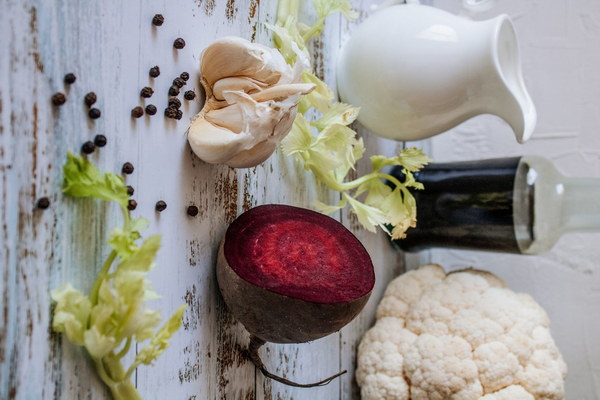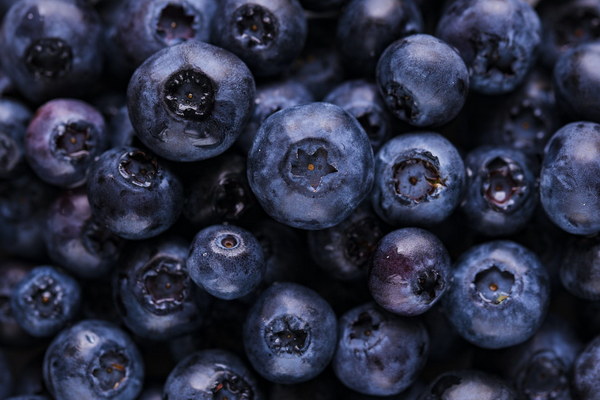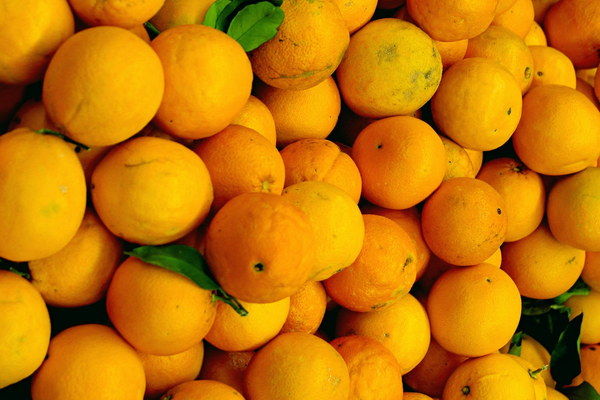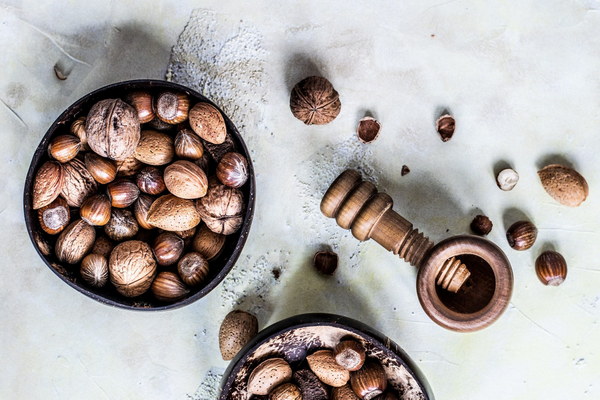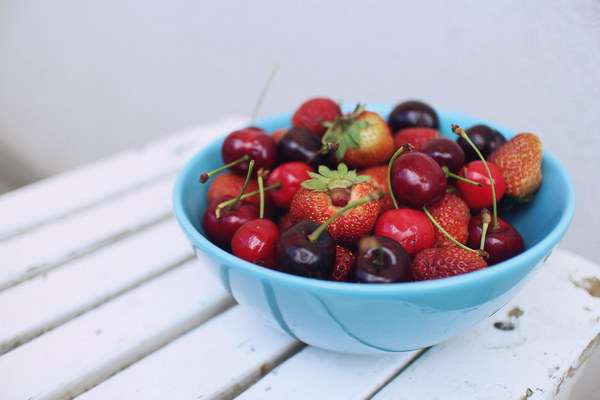Nurturing Your Liver A Comprehensive Guide to LiverCare Diet
Introduction:
The liver is a vital organ responsible for detoxifying the body, metabolizing nutrients, and producing bile. A healthy liver is essential for overall well-being. While medication and medical treatments can help, a liver-care diet plays a significant role in maintaining liver health. This article provides a comprehensive guide to adopting a liver-friendly diet, focusing on key nutrients, foods to include, and tips for a balanced lifestyle.
1. Key Nutrients for Liver Health:
To support liver function, it's crucial to incorporate essential nutrients into your diet:
- Antioxidants: These help reduce oxidative stress and protect liver cells from damage. Foods rich in antioxidants include berries, dark leafy greens, nuts, and seeds.
- B Vitamins: Folic acid, B6, and B12 are vital for liver function and the metabolism of homocysteine, a harmful amino acid. Good sources include lentils, spinach, avocados, and whole grains.
- Omega-3 Fatty Acids: These healthy fats are known to reduce inflammation and support liver health. Fish, flaxseeds, and chia seeds are excellent sources of omega-3s.
- Selenium: This mineral is essential for liver function and immune support. Brazil nuts, fish, and mushrooms are great sources of selenium.
2. Foods to Include in Your Liver-Care Diet:

Incorporate the following liver-friendly foods into your diet:
- Leafy Greens: Spinach, kale, and Swiss chard are rich in chlorophyll, which helps neutralize toxins and support liver function.
- Cruciferous Vegetables: Broccoli, cauliflower, and Brussels sprouts contain compounds that aid in liver detoxification.
- Citrus Fruits: Oranges, grapefruits, and lemons are high in vitamin C, which helps protect liver cells from damage.
- Nuts and Seeds: Almonds, walnuts, flaxseeds, and chia seeds provide healthy fats, antioxidants, and fiber to support liver health.
- Fatty Fish: Salmon, mackerel, and sardines are excellent sources of omega-3 fatty acids and protein, which help reduce inflammation and support liver function.
- Green Tea: This beverage contains antioxidants and compounds that may help protect the liver from damage.
3. Tips for a Balanced Liver-Care Diet:
- Stay Hydrated: Drinking plenty of water helps flush out toxins and maintain liver function. Aim for at least 8-10 glasses of water per day.
- Limit Alcohol Consumption: Excessive alcohol can damage liver cells and lead to liver disease. If you drink alcohol, do so in moderation.
- Avoid Processed Foods: These foods are high in unhealthy fats, sugars, and preservatives, which can burden the liver and increase the risk of liver disease.
- Eat a Colorful Diet: Incorporate a variety of fruits and vegetables into your diet to ensure a wide range of nutrients and antioxidants.
- Manage Weight: Being overweight or obese can increase the risk of liver disease. Maintain a healthy weight through a balanced diet and regular exercise.
Conclusion:
A liver-care diet is a crucial component of maintaining a healthy liver. By incorporating key nutrients, liver-friendly foods, and adopting healthy lifestyle habits, you can support your liver's function and reduce the risk of liver disease. Remember, a balanced diet is just one aspect of liver care; it's also important to consult with a healthcare professional for personalized advice and treatment.

